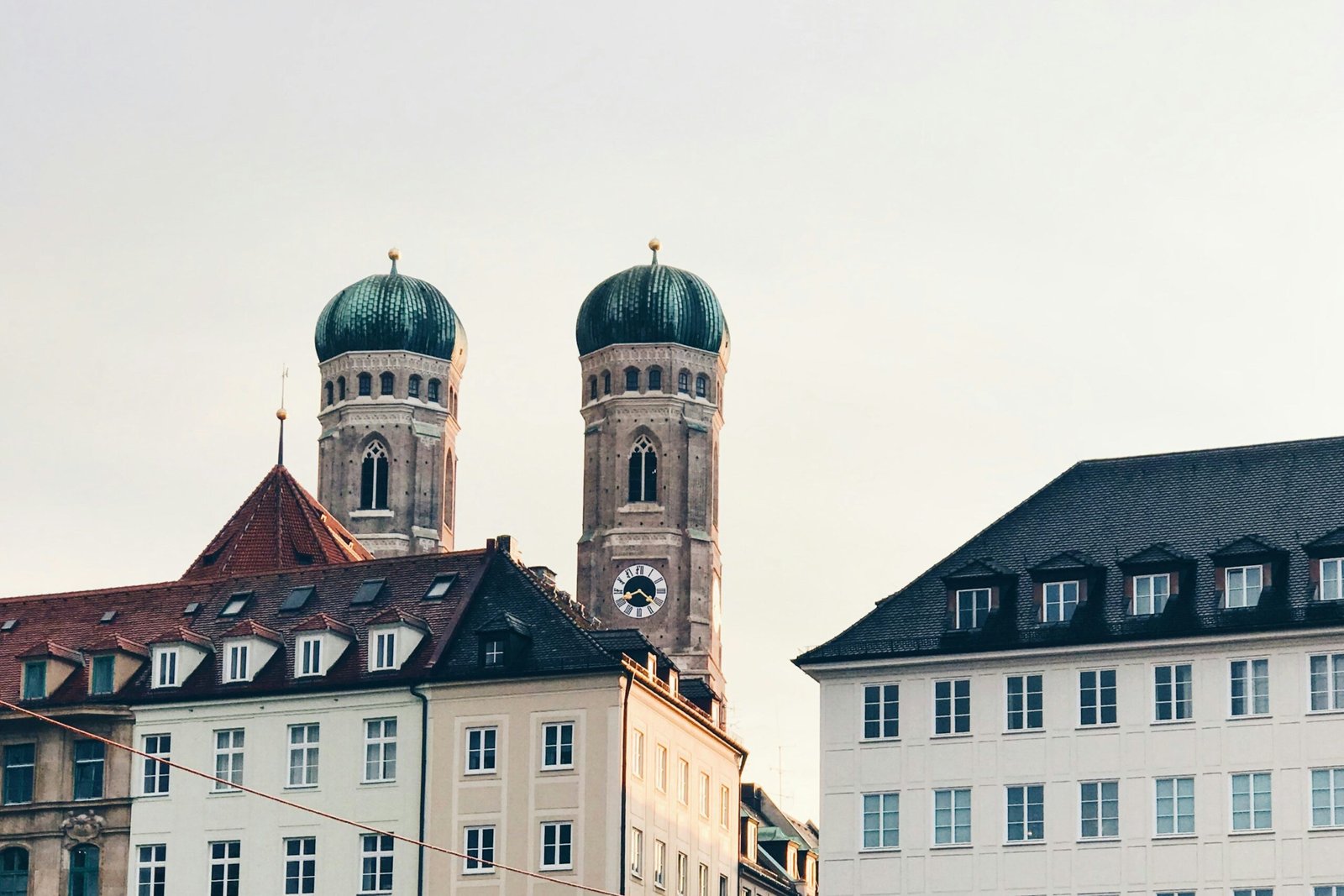Time in Munich: A Comprehensive Guide
Munich, the capital of Bavaria, Germany, is a vibrant city renowned for its rich history, stunning architecture, and lively culture. Understanding the concept of time in Munich is essential for any visitor or resident to navigate the city’s daily rhythm and social customs.
Time Zones in Munich
Munich operates in Central European Time (CET), which is UTC+1 during standard time. This means that Munich time is one hour ahead of Coordinated Universal Time (UTC). During daylight saving time (DST), which typically runs from March to October, the time zone shifts to Central European Summer Time (CEST), which is UTC+2.
Timekeeping and Punctuality
Germans, including those in Munich, are generally known for their punctuality. Arriving on time, or even slightly early, is considered a sign of respect. This applies to social gatherings, business meetings, appointments, and public transportation. If you’re running late, it’s polite to inform the other party beforehand.
Daily Life and Time
A typical day in Munich starts early, with many people waking up between 6:00 AM and 7:00 AM. Breakfast is often a quick affair, consisting of bread, pastries, or cereals. Lunchtime is usually between 12:00 PM and 2:00 PM, with many people opting for a light meal or a sandwich. Dinner is typically eaten between 6:00 PM and 8:00 PM, and it’s often a leisurely affair with family or friends.
Social and Cultural Time
Munich’s social and cultural scene is vibrant and diverse. Numerous events are happening throughout the year, from festivals and concerts to art exhibitions and sporting events. It’s important to check local listings and event calendars to stay informed about what’s happening.
Popular Events and Festivals in Munich
Oktoberfest: Held in September every year, it’s the biggest beer celebration in the world.
Tollwood: A summer festival with music, theater, and a variety of other activities.
Christkindlmarkt: A traditional Christmas market held in the city center.
Munich Film Festival: One of the most prestigious film festivals in Germany.
Time-Related Etiquette
Business Meetings: Arrive on time, dress appropriately, and be prepared to discuss the agenda.
Social Gatherings: Be punctual, bring a small gift if you’re visiting someone’s home, and be mindful of your manners.
Public Transportation: Validate your ticket before boarding and be aware of the rules and regulations.
Shopping: Most shops are open from 9:00 AM to 6:00 PM, with some staying open later on Fridays and Saturdays.
Time-Saving Tips for Visitors
Learn Basic German: Knowing a few basic German phrases can be helpful, especially when dealing with locals.
Plan Your Itinerary: Research the attractions and activities you want to do in advance to save time.
Use Public Transportation: Munich has an efficient public transportation system, including buses, trams, and subways.
Consider a City Pass: A city pass can offer discounts on attractions and transportation.
Time and the Bavarian Lifestyle
Munich’s timekeeping reflects the Bavarian lifestyle, which is characterized by a strong sense of tradition, order, and efficiency. This is evident in the city’s punctual public transportation, well-organized events, and adherence to social norms. However, it’s important to note that this doesn’t mean that Munich is devoid of spontaneity or enjoyment. The city has a vibrant nightlife and a relaxed atmosphere, especially during the warmer months.
Time and the Seasons
The changing seasons significantly influence the rhythm of life in Munich. During the summer, the city is bustling with outdoor activities, festivals, and long days. People enjoy spending time in the parks, visiting beer gardens, and attending outdoor concerts. As the days get shorter and the weather colder, the pace of life slows down somewhat, and people tend to spend more time indoors. However, the city still has plenty to offer during the winter months, with Christmas markets, ice skating rinks, and cozy cafes.
Time and Technology
Despite its traditional roots, Munich is a modern city that embraces technology. The city has a strong tech scene, with numerous startups and innovation hubs. Mobile devices and internet connectivity are widespread, and many businesses and services can be accessed online. However, it’s important to note that not everyone is equally comfortable with technology, and some older generations may prefer traditional methods of communication.
Time and the Future
As Munich continues to grow and evolve, likely, the concept of time will also change. The city is facing challenges such as population growth, climate change, and economic uncertainty. These factors will undoubtedly have an impact on the way people live and work in the future. However, Munich’s strong sense of tradition, coupled with its adaptability and innovation, suggests that it will continue to thrive.
Additional Tips for Understanding Time in Munich
Learn about German time expressions: Phrases like “pünktlich” (punctual), “verspätet” (late), and “früh” (early) are essential for understanding how Germans perceive and discuss time.
Be aware of local customs: In some situations, it may be acceptable to be a little late, especially for informal social gatherings. But it’s wise to err on the side of caution at all times.
FAQs
What is the time zone in Munich?
Munich operates in Central European Time (CET), which is UTC+1 during standard time. During daylight saving time (DST), the time zone shifts to Central European Summer Time (CEST), which is UTC+2.
How punctual are people in Munich?
Germans, including those in Munich, are generally known for their punctuality. Arriving on time, or even slightly early, is considered a sign of respect.
What is the typical daily schedule in Munich?
A typical day in Munich starts early, with many people waking up between 6:00 AM and 7:00 AM. Lunchtime is usually between 12:00 PM and 2:00 PM, and dinner is typically eaten between 6:00 PM and 8:00 PM.
Conclusion
Understanding the concept of time in Munich is essential for a successful visit or stay. By being aware of the time zone, adhering to local customs, and planning your itinerary effectively, you can make the most of your time in this beautiful Bavarian city.
To read more, click here.













Post Comment